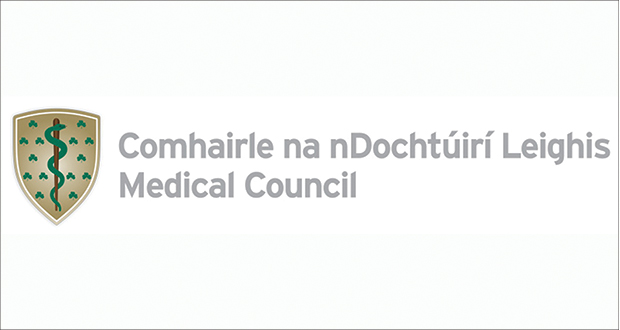Stanford Medicine Unplugged (formerly SMS Unplugged) is a forum for students to chronicle their experiences in medical school. The student-penned entries appear on Scope once a week during the academic year; the entire blog series can be found in the Stanford Medicine Unplugged category.
 When I first seriously began discussing the possibility of applying to medical school with my family and close friends, I received mixed reactions. Although medicine seemed like a great fit for me in many ways, I also heard sad stories about relationships and even entire families that had struggled to survive the strenuous period of medical training (particularly residency). As somebody who values family and close relationships highly, I was naturally concerned by this and thought about my decision very carefully. Ultimately, I decided that the rewarding nature of a medical career would make the challenges and sacrifices more than worth it in the long run.
When I first seriously began discussing the possibility of applying to medical school with my family and close friends, I received mixed reactions. Although medicine seemed like a great fit for me in many ways, I also heard sad stories about relationships and even entire families that had struggled to survive the strenuous period of medical training (particularly residency). As somebody who values family and close relationships highly, I was naturally concerned by this and thought about my decision very carefully. Ultimately, I decided that the rewarding nature of a medical career would make the challenges and sacrifices more than worth it in the long run.
Recently, however, these earlier thoughts about personal well-being during medical training returned to mind when a study designed to evaluate the effects of longer shifts for residents was released. The authors compared the current shift restrictions (which are set by a national council) with so-called “flexible” duty hours that permit hospitals to assign residents longer shifts with shorter time off in between consecutive shifts. The results seemed promising: There was no drop in patient safety when residents were allowed to work longer shifts, and the perceived quality of education reported by the residents was no different. Heralding these findings, the American College of Surgeons released a statement claiming that “flexible, less restrictive policies are safe for patients, reduce handoffs, and lead to greater resident satisfaction”.
When I read the study closely, however, I had flashbacks to my earlier reservations about entering medicine. Buried in the middle of the ninth paragraph of the results section was a very telling sentence: “Flexible-policy residents were more likely to perceive negative effects of duty-hour policies on resident outcomes that depended on time away from the hospital, such as case preparation after work, research participation, time with family and friends, time for extracurricular activities, rest, and health” (emphasis mine).
I find the fact that this one sentence hasn’t gotten a great deal of attention extremely worrisome. First of all, we shouldn’t need a randomized controlled trial to tell us that working shifts longer than 24 hours at a time is going to have detrimental effects on a person’s health and happiness. This seems like common sense. Second, the fact that family, friends, extracurricular activities, rest, and health are relegated to the lowest priority in the conversations swirling around this topic reflects poorly on the compassion and care that the health-care industry has for the valuable trainees who contribute tirelessly to patient care.
Most of all, beyond my selfish concerns regarding my own health and well-being, I’m concerned for the future of the medical profession. As somebody who thought long and hard about my career decision, I can attest to the fact that relative “outsiders” to the field find the stories that we hear of broken families during residency quite terrifying. I can easily imagine what bright, driven, motivated college students are thinking when prominent media outlets release headlines such as “Study Suggests Surgical Residents Can Safely Work Longer Shifts.” To the health-care industry, the mantra of “more work is better” is so engrained that it’s worth going out of our way to do randomized controlled trials just to prove it. Instead of asking how much work we can pack into residency before we start noticing impacts on people’s lives, maybe we should be asking ourselves a different question: How many qualified aspiring physicians are we going to lose to the negative perceptions of medical education before their journeys even begin?
Nathaniel Fleming is a second-year medical student and a native Oregonian. His interests include health policy and clinical research.
- See more at: http://scopeblog.stanford.edu





